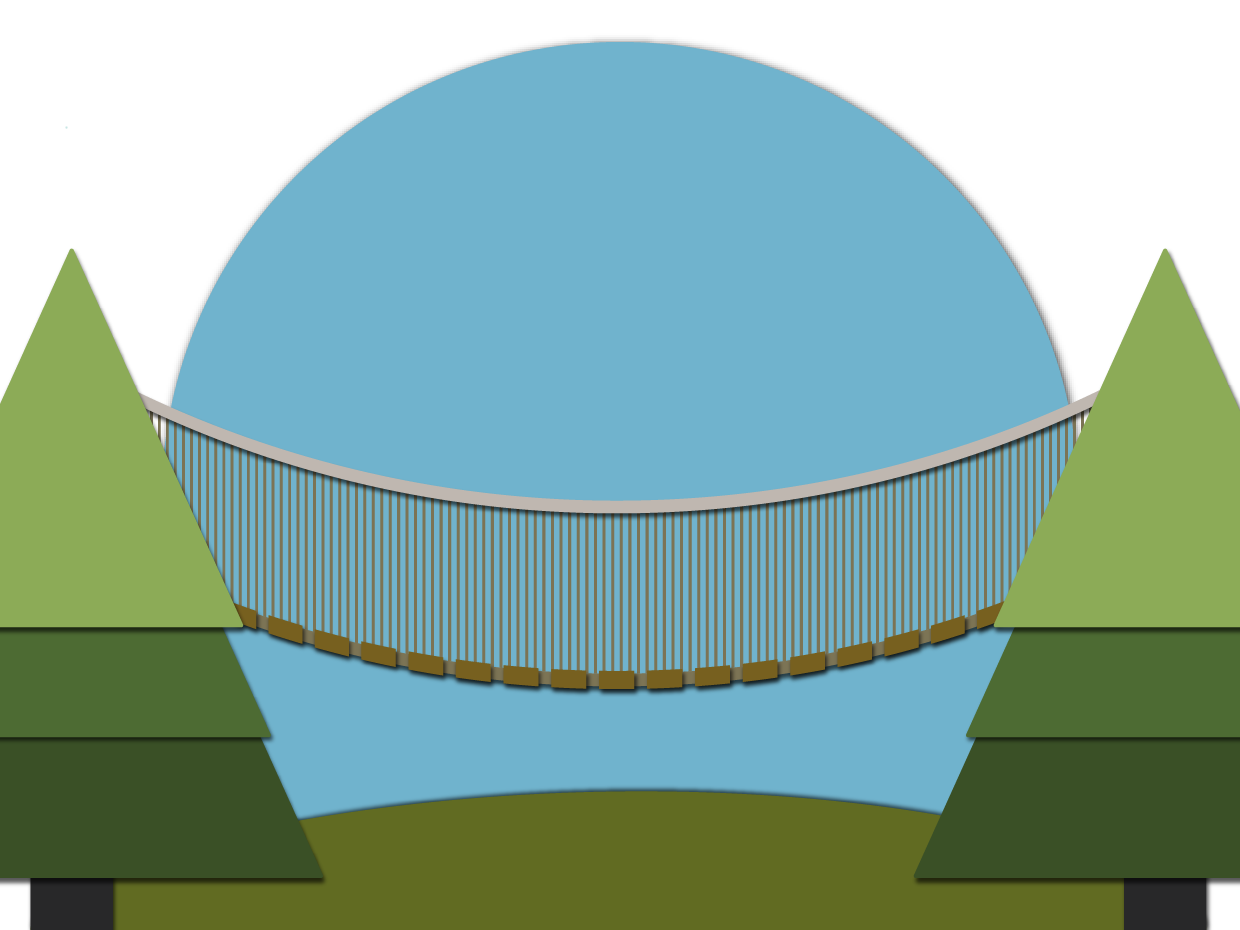If you’re self-employed and your business is not incorporated, you must file an individual tax return each year. You report your income as business or professional income. And you can deduct (or “write off”) business expenses.
On this page you’ll find
Claiming business expenses
You can deduct most expenses that you incur to earn business income, as long as they’re reasonable. For some expenses, like meals and entertainment, you can only claim 50% of the actual amount spent, or an amount that is reasonable in the circumstances, whichever is less.
For expenses with both a personal and a business component, you can only claim the business portion of these costs.
Learn more about claiming business expenses.
Capital property costs
Capital property includes things like furniture, computer equipment or a building that you buy for business use only. You can write off those types of costs over time in the form of depreciation. This is called a capital cost allowance (CCA).
Different types of property have different CCA rates. For example, the annual rate for cars is 30% and the rate for furniture is 20%. For eligible machinery and equipment acquired after 2015 and before 2026, an accelerated CCA rate of 50% on a declining-balance basis applies. Learn more about claiming capital property costs.
You can only claim up to 50% of expenses for meals and entertainment.
Home office expenses
You can deduct expenses for the business use of a work space in your home if:
- It is your main place of business, or
- You use it only to earn your business income, and to meet clients, customers or patients on a regular and ongoing basis.
You can only deduct the business portion of these expenses. Use a “reasonable basis” to calculate the amount. For example, use the area of your work space divided by the total area of your home. You can’t use home office expenses to create a business loss.
6 home office expenses you can deduct
If you own or rent your home, you can deduct the business portion of these expenses:
- Your mortgage interest or rent
- Property taxes
- Capital cost allowance
- Utilities
- Home insurance
- Maintenance
Paying income tax by instalments
If you are self-employed, the deadline for filing your return is June 15. But you still must pay all tax owing by April 30.
For the current tax year, the Canada Revenue Agency (CRA) will send you a reminder by mail if you have to pay tax by instalments. You’ll have to pay instalments if your net tax owing is more than $3,000:
- in the current year, and
- in either of the 2 previous years.
You must pay your instalments quarterly. The due dates are March 15, June 15, September 15 and December 15.
You’ll have to pay interest on any unpaid instalments. The CRA charges interest compounded daily at the prescribed interest rate. The rate can change every three months.
Choose one of 3 payment options
- No-calculation option – Use this option if your income, deductions and credits stay about the same from year to year. Pay the amount noted on your instalment reminder.
- Prior-year option – Use this if your current income, deductions and credits will be similar to the prior year, but different from other years. If you make instalments on time throughout the year but have to pay more when you file your tax return, you will not be charged interest.
- Current-year option – Use this if your current income, deductions and credits will be largely different from other years. If your instalments turn out to be too low, you will have to pay interest.
Learn more about paying tax by instalments.
If you are a tradesperson and have earned income, you may be able to deduct the cost of eligible tools with the tradesperson’s tools deduction.
Summary
If you’re self-employed and your business is not incorporated, you can deduct these six home office expenses:
- Your mortgage interest or rent
- Property taxes
- Capital cost allowance
- Utilities
- Home insurance
- Maintenance
